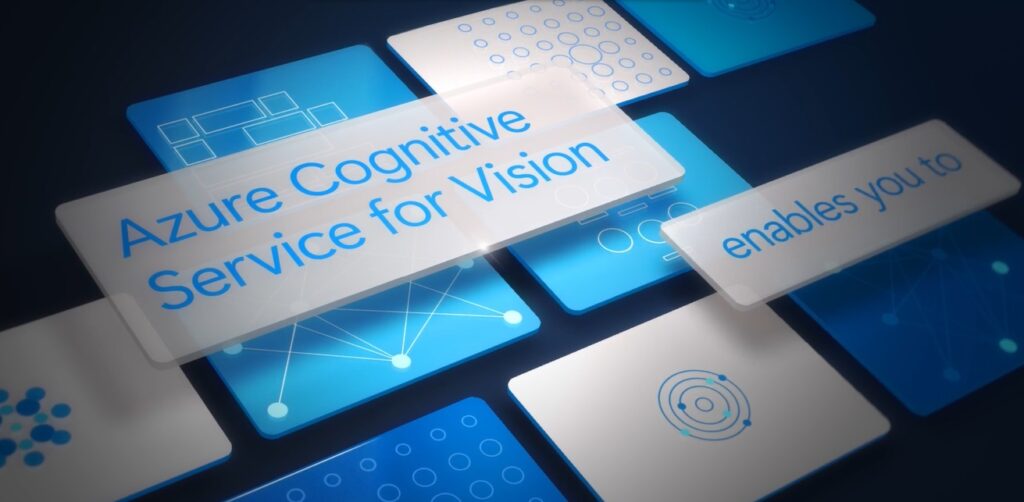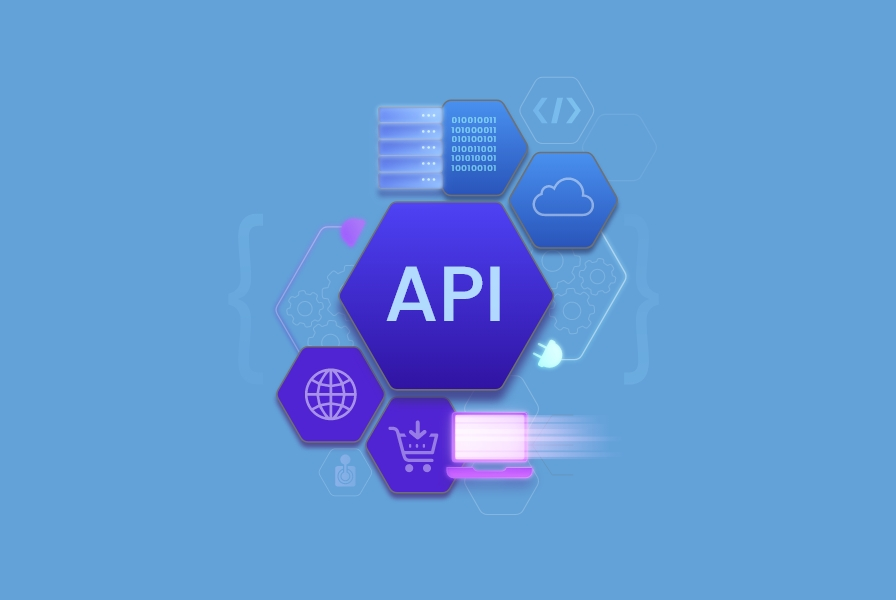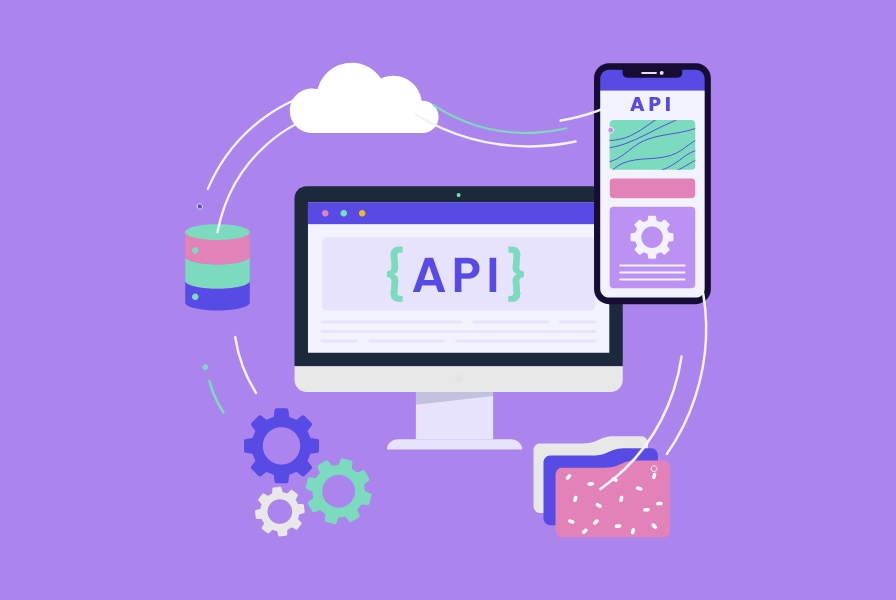
Overview of Azure Cognitive Services
Azure Cognitive Services is a suite of cloud-based services offered by Microsoft Azure, designed to help developers integrate AI (Artificial Intelligence) capabilities into their applications without needing extensive expertise in machine learning or AI. These services leverage pre-trained models to perform a variety of tasks, including vision recognition, speech recognition, language understanding, and more.

Azure Cognitive Services encompass a variety of AI-powered capabilities, including:
Azure Computer Vision: Empowers applications to analyze visual content, performing tasks such as image recognition, facial detection, and optical character recognition (OCR) using Azure Cognitive Services.
Azure Speech Services: Offers capabilities to convert spoken language into written text, convert text into speech, and recognize and interpret spoken language.
Azure Decision Services: Facilitates decision-making through personalized recommendations and content moderation capabilities.
Anomaly Detector: Detects anomalies in time-series data.
Azure Language Services: Encompasses natural language processing capabilities including text analytics, language understanding, and translation services.
Azure Ink Recognizer: Utilizes Azure Cognitive Services to accurately recognize and interpret digital ink content, including handwriting and shapes, enhancing application interactivity and user experience.
Azure Q&A Maker: Enables the creation of a question and answer layer over your data, leveraging Azure Cognitive Services for enhanced information retrieval and user interaction.
Azure Bot Services: Facilitates the development of intelligent bots capable of interacting with users across multiple channels, powered by Azure Cognitive Services for enhanced conversational experiences.

Benefits of Azure AI Document Intelligence
Azure Cognitive Services offer several advantages for developers seeking to integrate AI capabilities into their applications. Key advantages include:
Understanding Azure Cognitive Services
Azure Cognitive Services utilize pre-trained models and APIs to deliver a range of artificial intelligence capabilities. The process generally involves the following steps:

Subscription and Service Configuration

API Key and Endpoint Configuration

Output and Responses

Sending API Requests

Processing Pre-Trained Models

Application Integration

Interpretation and Application

Incremental Development

